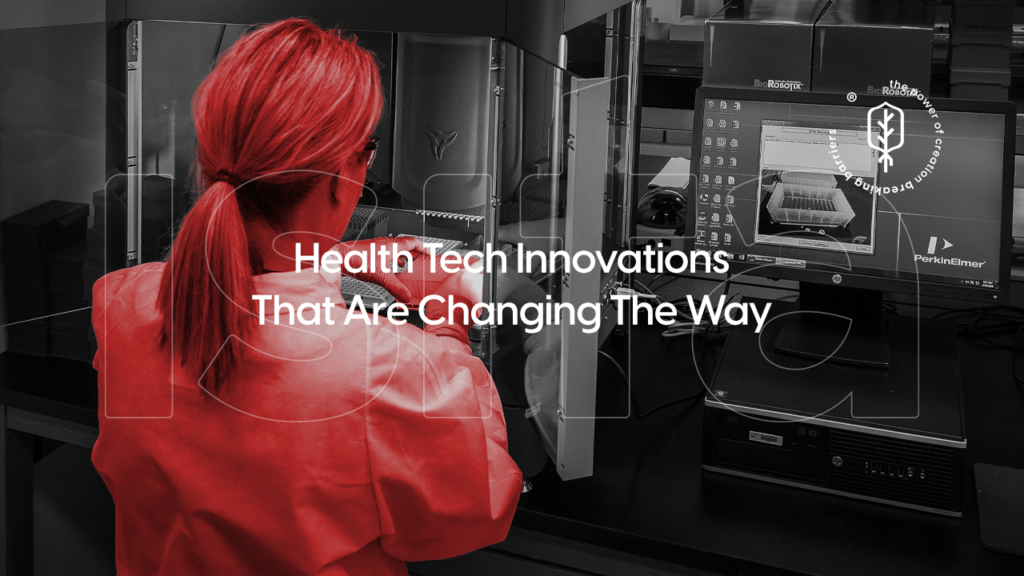Leveraging advanced eCommerce technology is essential for businesses aiming to boost sales and stay competitive.
From personalized shopping experiences to seamless payment processing and robust analytics, modern eCommerce solutions offer a plethora of features designed to enhance customer satisfaction and drive revenue growth.
This article explores the latest advancements in eCommerce technology, the benefits they offer, and practical strategies for implementing these technologies to boost your online sales.
The Importance of Advanced eCommerce Technology
These reasons underpin the importance of advanced technology in ecommerce:
Enhancing Customer Experience
Advanced eCommerce technology enables businesses to provide personalized and engaging shopping experiences. By leveraging data and automation, companies can tailor their offerings to meet individual customer preferences, resulting in higher satisfaction and loyalty.
Improving Operational Efficiency
Automation and integration tools streamline various aspects of eCommerce operations, from inventory management to order fulfillment. This efficiency reduces operational costs and allows businesses to focus on strategic growth initiatives.
Increasing Conversion Rates
Modern eCommerce solutions are designed to optimize the customer journey, reduce friction, and enhance conversion rates. Features such as personalized recommendations, streamlined checkout processes, and targeted marketing campaigns help convert visitors into paying customers.
Key Technologies Transforming eCommerce
Artificial Intelligence (AI) and Machine Learning
AI and machine learning technologies are revolutionizing eCommerce by enabling more accurate demand forecasting, personalized recommendations, and customer service automation.
- Personalized Recommendations: AI algorithms analyze customer behavior and preferences to suggest products that are most likely to interest them. This personalization increases the likelihood of purchases and enhances customer satisfaction.
- Chatbots and Virtual Assistants: AI-powered chatbots provide instant customer support, answering queries, and guiding users through the shopping process. Virtual assistants can handle routine tasks, freeing up human agents for more complex issues.
Augmented Reality (AR) and Virtual Reality (VR)
AR and VR technologies offer immersive shopping experiences, allowing customers to visualize products in their environment before making a purchase.
- Virtual Try-Ons: AR enables customers to try on clothing, accessories, or makeup virtually, reducing the uncertainty of online shopping and increasing conversion rates.
- Interactive Showrooms: VR creates virtual showrooms where customers can explore products in a lifelike setting, enhancing engagement and providing a unique shopping experience.
Mobile Commerce (mCommerce)
The rise of smartphones has led to a surge in mobile commerce, with consumers increasingly shopping via their mobile devices. Optimizing your eCommerce site for mobile users is crucial for capturing this growing market.
- Responsive Design: Ensure your website is mobile-friendly with a responsive design that adapts to different screen sizes and provides a seamless user experience.
- Mobile Payment Solutions: Integrate mobile payment options like Apple Pay, Google Wallet, and other digital wallets to simplify the checkout process for mobile users.
Voice Commerce
Voice-activated devices and assistants, such as Amazon’s Alexa and Google Assistant, are changing the way consumers shop online. Voice commerce allows users to make purchases using voice commands, offering convenience and accessibility.
- Voice Search Optimization: Optimize your eCommerce site for voice search by incorporating natural language processing (NLP) and ensuring your product descriptions are voice-friendly.
- Voice-Activated Shopping: Develop skills or actions for voice assistants that allow customers to browse and purchase products using voice commands.
Advanced Analytics and Big Data
Leveraging advanced analytics and big data helps businesses make informed decisions, optimize operations, and enhance customer experiences.
- Customer Insights: Analyze customer data to understand buying patterns, preferences, and behaviors. Use these insights to tailor marketing strategies and improve product offerings.
- Sales Forecasting: Utilize predictive analytics to forecast demand and plan inventory accordingly, reducing stockouts and overstock situations.
Omnichannel Integration
Omnichannel strategies provide a seamless shopping experience across multiple channels, including online stores, physical locations, and social media platforms.
- Unified Inventory Management: Integrate inventory management systems across all channels to ensure real-time visibility and efficient stock control.
- Consistent Branding: Maintain consistent branding and messaging across all touchpoints to create a cohesive customer experience.
Strategies to Boost Online Sales with eCommerce Technology
Personalize the Shopping Experience
Personalization is key to engaging customers and driving sales. Use AI and machine learning to analyze customer data and provide personalized recommendations, targeted marketing campaigns, and customized shopping experiences.
Optimize the Checkout Process
A streamlined checkout process reduces cart abandonment and increases conversion rates. Implement features such as one-click purchasing, guest checkout options, and multiple payment methods to simplify the buying process.
Enhance Product Visualization
Use high-quality images, videos, and AR/VR technologies to provide detailed and immersive product views. This helps customers make informed decisions and reduces return rates.
Leverage Social Proof
Incorporate customer reviews, ratings, and testimonials on your product pages to build trust and influence purchasing decisions. Social proof demonstrates the value and quality of your products through the experiences of other customers.
Implement Loyalty Programs
Loyalty programs incentivize repeat purchases by rewarding customers for their loyalty. Offer points, discounts, or exclusive deals to encourage customers to return and shop again.
Utilize Email Marketing
Email marketing remains a powerful tool for driving sales. Send personalized emails based on customer behavior, such as abandoned cart reminders, product recommendations, and exclusive promotions.
Invest in SEO and Content Marketing
Optimize your website for search engines to increase visibility and attract organic traffic. Develop a content marketing strategy that includes blog posts, videos, and infographics to engage your audience and establish your brand as an authority in your industry.
Offer Excellent Customer Support
Provide exceptional customer support through multiple channels, including live chat, email, and phone. Quick and helpful responses to customer inquiries can significantly enhance the shopping experience and build customer loyalty.
Case Studies: Success Stories in eCommerce
Amazon
Amazon’s use of advanced eCommerce technology has been instrumental in its success. The company leverages AI for personalized recommendations, predictive analytics for inventory management, and voice commerce through Alexa. Amazon’s seamless omnichannel integration and efficient logistics operations have set a high standard for the industry.
Warby Parker
Warby Parker, an online eyewear retailer, uses AR technology to offer virtual try-ons, allowing customers to see how glasses look on their face before making a purchase. This innovative approach has improved customer satisfaction and reduced return rates.
Sephora
Sephora utilizes a combination of AI, AR, and big data to enhance the customer experience. Their Virtual Artist tool allows customers to try on makeup virtually, and personalized product recommendations are generated based on customer data. Sephora’s omnichannel strategy ensures a consistent and engaging experience across all touchpoints.
Conclusion
Advanced eCommerce technology is revolutionizing the online retail landscape, offering businesses the tools they need to boost sales, enhance customer experiences, and stay competitive.
By leveraging AI and machine learning, AR and VR, mobile commerce, voice commerce, advanced analytics, and omnichannel integration, businesses can create personalized, seamless, and engaging shopping experiences.
Implementing these technologies, along with effective strategies such as optimizing the checkout process, enhancing product visualization, and offering excellent customer support, can significantly boost online sales and drive long-term growth. In the ever-evolving world of eCommerce, staying ahead of the curve with the latest technology is essential for success.
Did you find this article interesting? Stay tuned for our new content.



